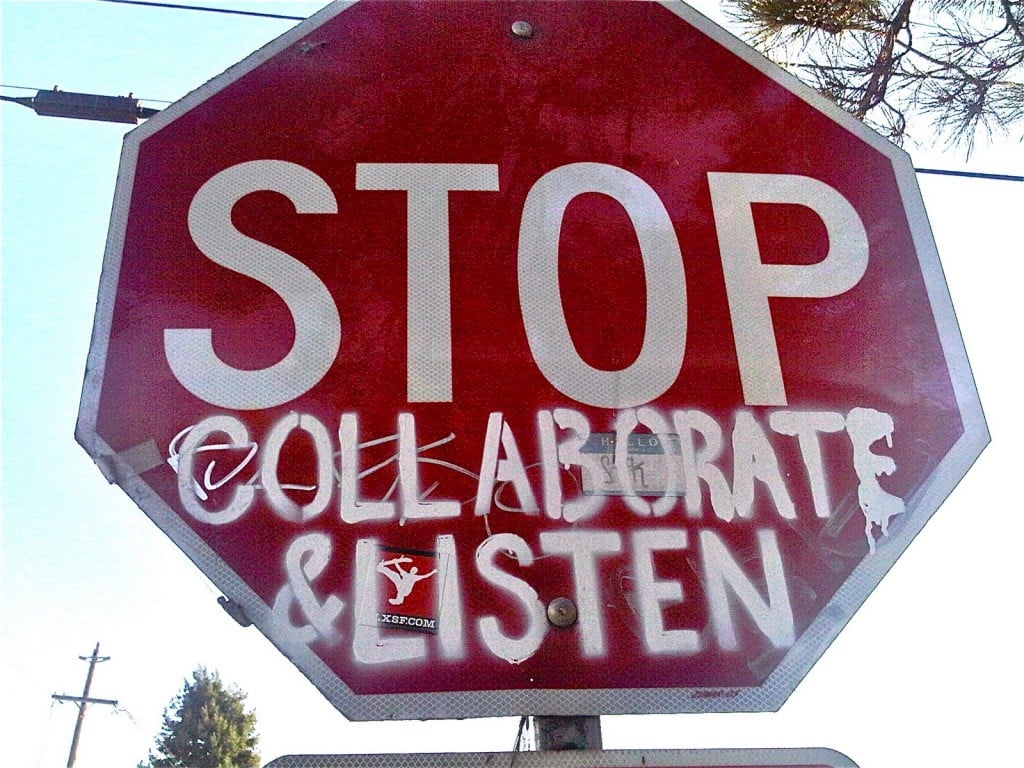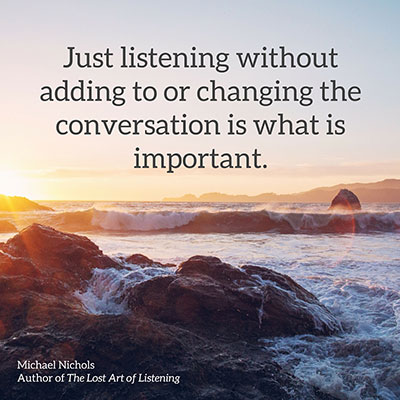What did you get out of that meeting, and how do you know?
More importantly, how does your boss know? And what about your clients/members/stakeholders – how do they know?
Research shows that meeting consumes more time than any other business practice: people meet all the time. And what are they getting for this investment?
Research also shows that by and large, people find many meetings a waste of time – so obviously they’re not getting much out of these meetings that they recognize as valuable.
This ridiculous state of affairs shows no signs of shifting, despite very clear, readily available, and consistent information about how to make meetings work. We KNOW that meetings are important to getting work done and moving projects forward, because there isn’t any way to more effectively get the buy in from a group of people. We KNOW that meetings are more enjoyable, more productive, and get higher ratings from everyone involved when they have an agenda, stay focused, and have documented results.
We KNOW all of this, but we rarely put these techniques into practice. Most business meetings today have no clear work product. Some people spend up to 80% of their work time in meetings, the majority of which they end up with nothing to show for it: absolutely nothing they can point to, revisit, or pass on to a colleague. Forgettable, at best.
Admittedly, some people don’t have any experience or training in basic meeting skills. For everyone else, though, what’s the problem? Why is this not only accepted, but the norm?
It’s a matter of perspective

It’s tempting to think that this is just another version of the fat smoker problem: that people know full well what’s good for them and their organizations, but lack the will or desire to put meeting best practices into action.
After all, we all know that diet and exercise absolutely work and that we’d all feel happier and better if we adopted these healthy habits, yet most people do not. And perhaps there’s some truth to that. It’s certainly easier to just show up to a meeting and gripe about the wasted time than to actually prepare, focus, and drive results.
But I don’t believe that habit or laziness is the core issue. We live in a society with sky-rocketing levels of personal productivity, where Getting Things Done is scripture, and Lifehacker is one of the most popular blogs on the planet. As a society, we want to ship it! We maximize the heck out of our time – when it comes to personal productivity.
And there’s the key:
We see meetings as an activity that detracts from personal productivity and therefore as a waste of time, and we fail to realize the opportunity for team productivity.
When you approach your meetings as a social consumer – someone who comes to receive information and contribute in one-sentence disposable tidbits – you end up with disposable meetings. Vapid chunks of lost time: fine for Twitter, but wasteful for getting things done. When you shift your perspective to see every meeting as intended to produce a result, you get something out of the meeting.
What results should you expect out of your meetings?
- Information:
Written both before and during the meeting, with a verbal description to clarify and reinforce the important points. Something you refer back to and share with others - Decisions:
Documented and easily referenced by those in the meeting and everyone else who is expected to abide by them - Action Plans:
Written, distributed, and regularly checked for updates - Shared Understanding!
Unless you work for yourself and have no clients with which you need to interact, you can’t get any of these results on your own. You HAVE to work together to get a decision that will stick, the information you need, and to coordinate your next steps. And if you want the people you’re working with to have a SHARED UNDERSTANDING of those decisions and plans, then you need to meet. The best possible way to get everyone on the same page is to look at that page together and talk about it in a meeting.
When you have results, written and referenceable, you have something to show for your meeting that you can share with others and use to inform your work. Instead of an interruption, the meeting provides the fuel for your next bout of personal productivity.
Change Your Perspective: Expect Results
It’s your time and your team/client/stakeholder/members’ time you’re investing. You deserve to get something useful out of that time. You’re paying the price. It’s time to demand results.
Not sure how to start?
I’ll cover this more in our next post, but here’s a tip: Take Notes!
Image: chudnutie-ako.sk



